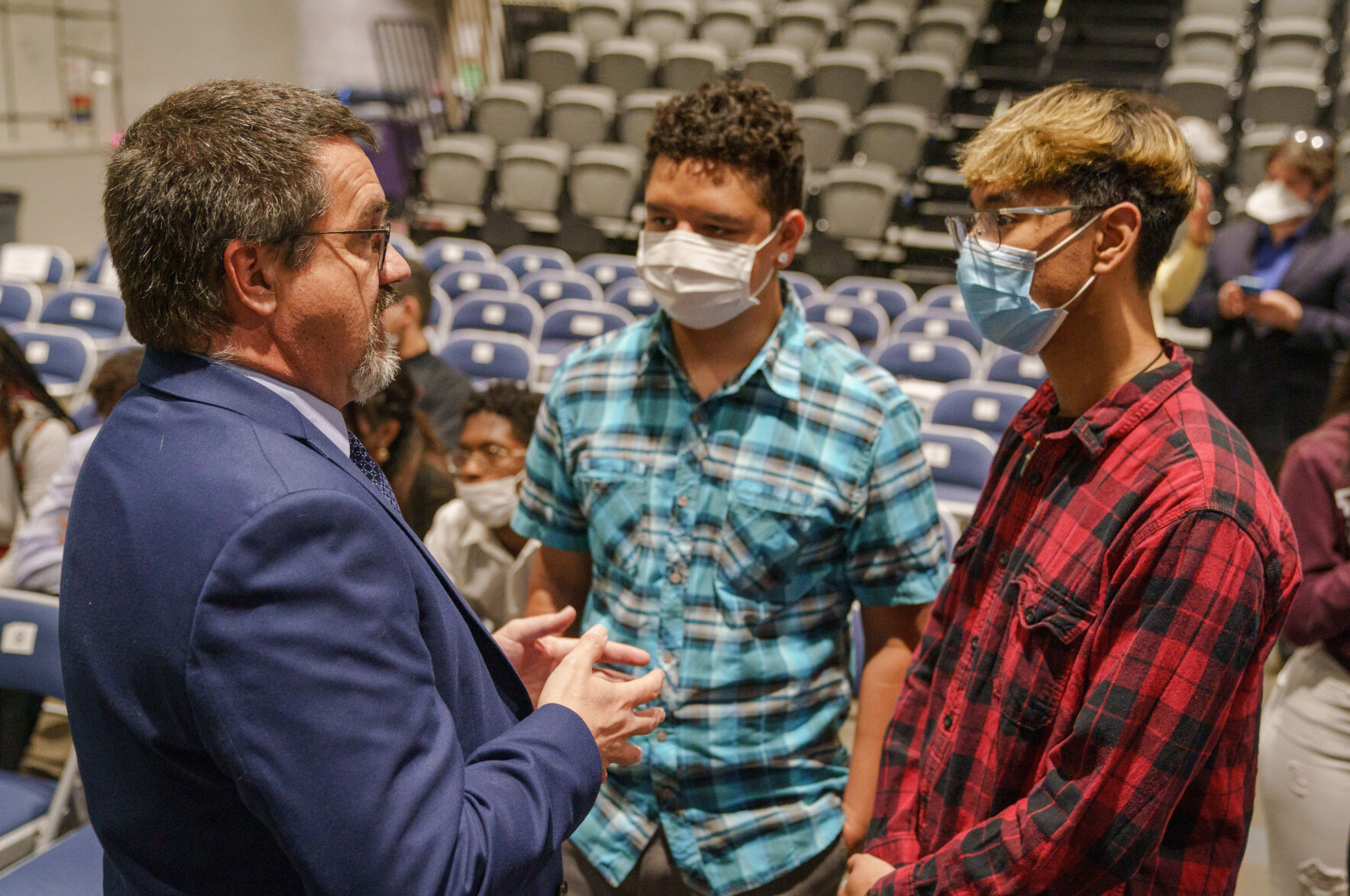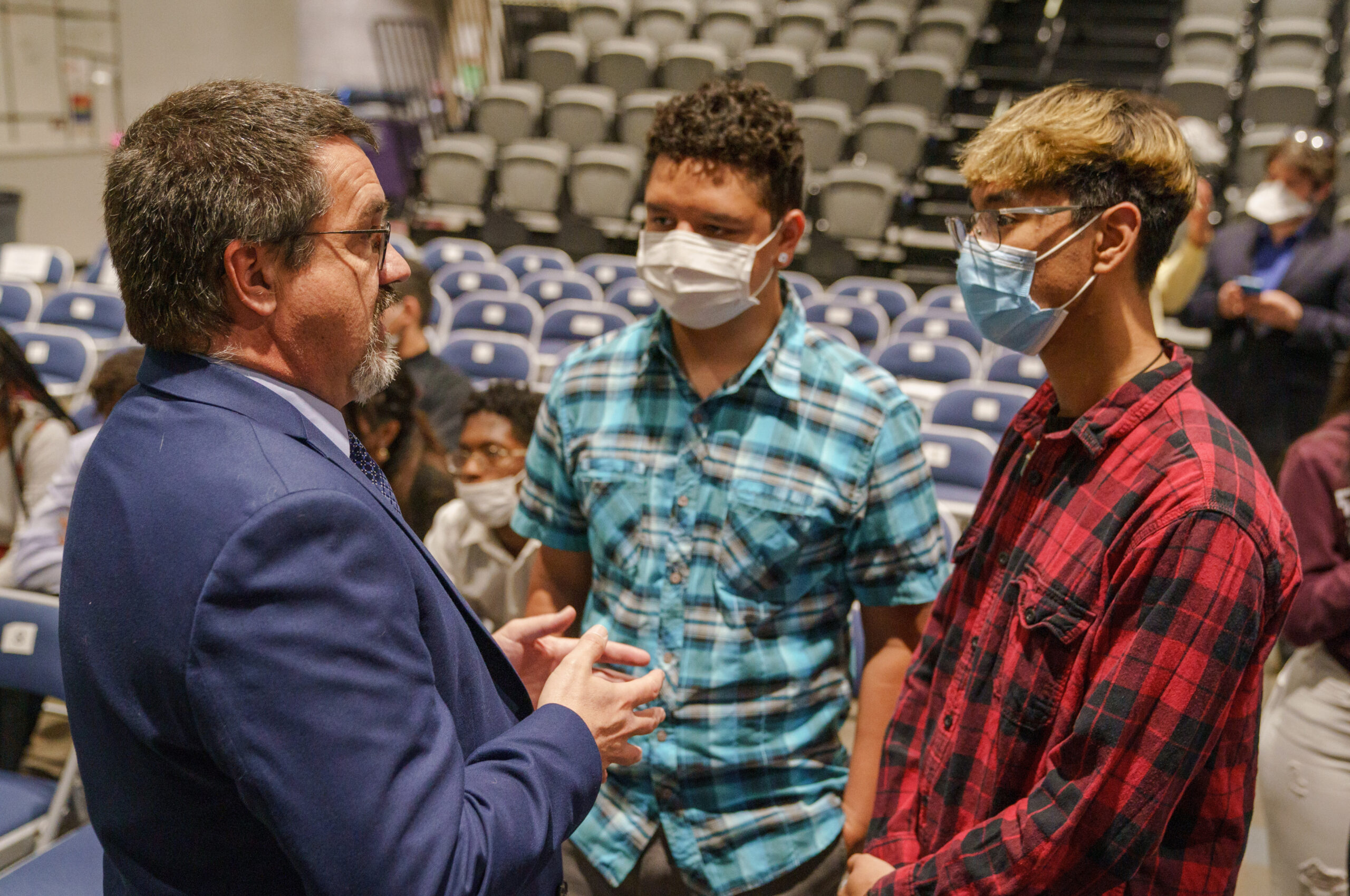Appeals court forges ahead on child prostitution question after Supreme Court takes a pass

Weighing in on a question the Colorado Supreme Court recently left for “another day,” the state’s Court of Appeals decided last week that prosecutors need only prove a defendant knowingly arranges for a child’s prostitution and not that he specifically intends for the child to be prostituted.
In addressing the subtle, but meaningful, distinction, a three-judge panel of the appellate court parted ways with another panel of the court from four years ago. In that 2019 case, a different group of judges ruled the government needs to prove a specific intent, instead of simply showing the defendant knowingly solicited a child for prostitution.
The controversy revolves around the concept of “mental states” or a defendant’s level of knowledge about their wrongdoing. A person who acts “with intent” has the explicit objective of doing something illegal, while someone who acts “knowingly” is merely aware they are acting unlawfully.
Deshawn Lynn Randolph stood trial in Arapahoe County in 2019, where prosecutors alleged he violated the law against child prostitution. Specifically, he committed solicitation “for the purpose of prostitution of a child” and arranged a meeting “for the purpose of prostitution of a child.”
In reality, Randolph had been exchanging sexualized messages with a sheriff’s employee on a social networking platform, who posed as 17-year-old “Nicole.” Randolph defended his actions by saying he was stringing Nicole along until she turned 18, when he wanted to have sex with her. Prosecutors, in turn, showed messages where Randolph suggested he could set up Nicole with a man who would pay for sex while she was still a minor.
The jury believed the prosecution and convicted Randolph. He received nine years in prison.
At the trial court, the parties disputed whether the phrase “for the purpose of prostitution” meant the government had to prove Randolph acted “with intent” or “knowingly” in soliciting Nicole. District Court Judge Ryan J. Stuart believed the lower threshold of “knowingly” was sufficient.
“The prosecution must prove that the defendant knew that the solicitation, or the meeting to be arranged, was not for the purpose of, say, a tea party,” Stuart wrote.
In rejecting the intent-based mental state, he raised the example of a man who arranges to have sex with a child and promises her money but plans to not follow through on the payment.
“Because he never intended to pay her, his purpose of the meeting was not prostitution; his purpose was to have sex and not pay for it,” Stuart explained, noting the prosecution would not be able to prove a prostitution offense. “This could not be the result the legislature intended.”
The day Randolph’s trial ended, the Court of Appeals handed down its decision in People v. Ross, which answered the mental state question. Although the position of the appellate court for nearly three decades was that arranging for child prostitution is a “knowing” offense, an appellate panel now concluded that “for the purpose of prostitution” means “with intent.”
The government appealed the Ross decision to the Colorado Supreme Court, which initially agreed to address whether child solicitation required specific intent. However, in its 2021 decision, the justices realized the prosecution had not presented evidence that the defendant wanted to prostitute a child. The court accordingly resolved the appeal on those narrower grounds, without answering the question of intent.
“We leave this dispute for another day,” wrote Justice Carlos A. Samour Jr.
Randolph, on appeal, urged the Court of Appeals to adopt the Ross ruling’s standard of “with intent.” The government argued that “knowingly” was sufficient but it was also confident Randolph’s convictions would stand even if the appellate court went with the higher threshold.
“Overwhelming evidence shows that defendant intended to solicit another for the purpose of child prostitution, and that he intended to arrange a meeting for the purpose of child prostitution,” wrote Carson D. Schneider of the Colorado Attorney General’s Office.
The Court of Appeals concluded the Ross decision was incorrect. Randolph, explained Judge Ted C. Tow III, was convicted of soliciting and arranging a meeting “for the purpose of prostitution” of a child.
Arranging a meeting “is not a result. The meeting itself is the result,” Tow wrote in the panel’s Jan. 26 opinion. Instead, knowingly arranging the meeting is the crime.
He also downplayed the Ross decision because the appellate court had relied on the Model Criminal Jury Instructions Committee, which drafts template jury instructions and had believed “with intent” was the correct standard.
“While model jury instructions may be used as guidelines, they are not binding,” Tow wrote.
The decision results in a continued conflict within the Court of Appeals, setting up the case for possible Supreme Court review and resolution.
The panel rejected Randolph’s other arguments on appeal, and found sufficient evidence to sustain the jury’s guilty verdict.
The case is People v. Randolph.














